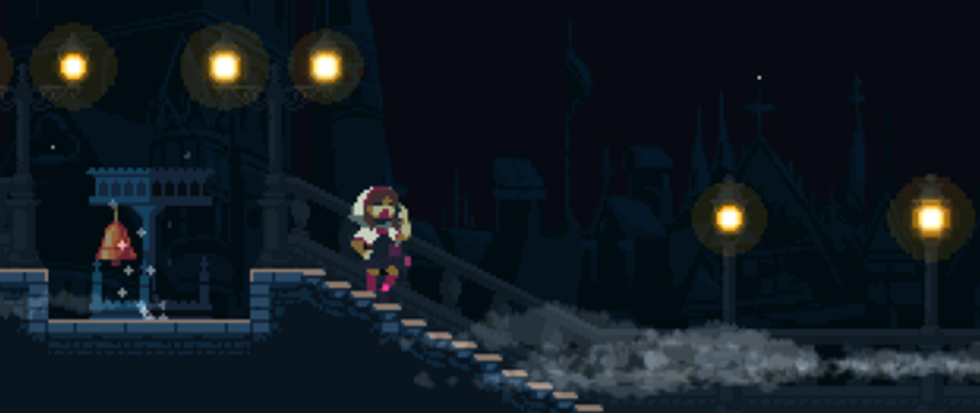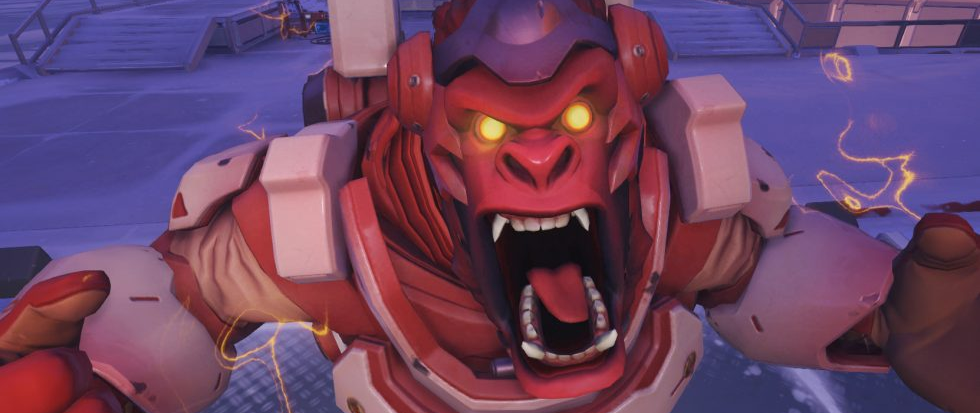
Brain Burpies with Obelisk Overthrow
The future is unknowable, but there are some folks who can really work a calendar. These mages can conjure up forked timelines that spark out for days, weeks, and more, a domino train of the mind. Taking in a field of information, assessing the state of your own house and long-term goals, and comparing it against the potential of your adversary, and here I’ve already blacked out.
For me the future is mostly an impressionistic meadow, thick with undefined promise. I make plans and do my best with the assortment of scheduling apps I have to wield, but when it comes to any game where planning ahead and staying true to that plan in execution, the scaffolding of my brain buckles. I’m chronologically myopic, a fog descends over my gray matter when pressed to extrapolate on the mid- to long-term effects of my actions.
Sometimes it clicks, if there’s a play or pattern I’m familiar with, but even then instincts can only haul so much weight. This shortsightedness has kept chessboards feeling like vast open-world scrimmages, though I understand there’s a mathematical undergird that one is meant to eventually graduated up to. The best schemers behind the throne recognize the potential branch from every pawn’s step, how best to enable an avalanche thirty moves in the future.
These personal shortcomings are what consumes me as Brandon Levesque is teaching me his team’s latest game, Obelisk Overthrow. We’re at the Boston Festival of Indie Games, going down in a couple of Harvard gyms with all the attendant echoes and duplicitous lighting, and this crew is hustling hard. They’re bringing in everyone who glances over, not obnoxiously, but with a polite enthusiasm that’s impossible to outright deflect. Before I know it Brandon is outlining the hex grid, asking if I’m familiar with Tower of Hanoi (I am not), and outlining the deceptive simplicity of their take on the game.
Each player can make one action per turn, whether that’s moving, gaining pieces, stacking pieces, or attacking another player. The type of pieces you can earn change round by round and is a little slippery to keep track of at first. Everyone’s trying to build the first three-tiered tower at the center of the board. All of this is clear, and since I can only make one move per turn, there’s a slight hedge against overthinking each step. From move to move there still simmers a whole pot of tension though, because I can’t visualize my opponents goals, let alone my own.
This is not a failing of Obelisk Overthrow—in fact the elegance of this game inspires me to think harder, as if clenching my jaw was what keeps me from conceptualizing a plan and executing it. But given the constraints of the show and my over-thick blood-brain barrier, I resort to my usual tactics of winging it hard. This doesn’t work well for me, as I two-step around myself, mix-up my stacks, and generally give Brandon a lot of targets and space to work with as he surely unspools himself towards the center.
As we dance though, I come to appreciate the nested strategy inherent in such a game. Given that you can only stack pieces in a descending order, and make one discrete action per round while following your opponent as they do the same, there’s no early cascade of turmoil—even the most pre-cognizant of enemies can still suffer your thrown stones and attempts to generate friction against their seemingly effortless agenda. The board fills up steadily and you can’t help but take control of a bit of area, learning the optimal times to drop in a smaller piece that you will definitely need before too long, and creating stronger stacks to defend your holdings.
Obelisk Overthrow is a competitive puzzle, abstract and sheathed in base colors to allow abstraction of thought and the flow of imagination. Brandon and the team prefer this mostly DIY, hand-assembled approach—ordering individual pieces in bulk and assembling each copy of themselves and working with local New England game cafes like Knight Moves as with their earlier game Hexix, which has introduced this work to curious gamers in-store and at local expos like the Boston FIG and PAX East. They want to get these games out into the world so that friends will furrow brows and talk trash and hatch mighty schemes, not just push plastic for the pushing’s sake.
So I might lack the gift of extensive foresight, but I feel like it’s something Obelisk Overthrow could teach me. And my heart always skips a beat for the punk-rock adjacent, a scrappy team building games from a pure love of the craft. I hope Brandon and his friends keep drafting big but also designing with versatility, with no move unwasted.





